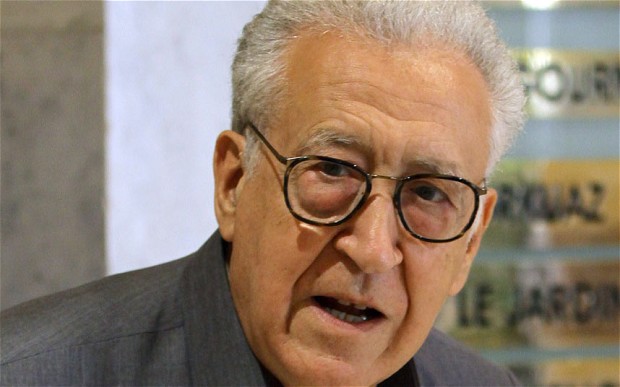CAIRO: Mainly triggered by a growing economy and a recent depreciation in the value of the dollar, Egypt s inflation rate rose 8.5 percent in the year to August, up from 8 percent in July, above government as well as market expectations.
“According to state figures, inflation declined three months in a row beginning last May, said Magdy Sobhi, senior economist at Al Ahram Center for Political and Strategic Studies. “However, it went up again in August on the rise of prices of food stuffs on the global markets, particularly wheat and cereals.
While this was the obvious reason for the rise, it was not the main driver, said Sobhi. The rise in inflation can also be attributed to the depreciation of the dollar, which sparked a price increase in Egypt’s imports, as they mainly come from European countries.
“Therefore, a depreciation of the dollar in face of the euro elicited an increase of Egypt’s imported commodities, he explained. “Additionally, the market did not fully recover from upshots of avian flu outbreaks or the July 2006 hikes of gasoline prices.
Inflation rate peaked to over 12 percent last winter after a rise in fuel prices – due to subsidy cuts – coupled with an outbreak of bird flu. Government officials, on the other hand, were quoted several times, predicting inflation to drop to seven percent in August and even lower by the end of the year.
However, the opposite scenario took place, amid the seasonal shopping spree of the back-to-school season coupled with the start of Ramadan.
“The fact that Ramadan this year coincided with the back-to-school season further soared prices on the market, said Samir Radwan, executive director of the Egyptian National Council for Competitiveness. “One of these seasons is enough to cause an surge in expenditure. Now, imagine the huge expenditure that would occur on the heels of both seasons starting together.
Prices of foodstuffs, in particular, increased ahead of both seasons during which consumers purchase large quantities of food and beverages that constitute around 40 percent of the consumer price index.
According to the Central Authority for Public Mobilization and Statistics (Capmas), prices of food soared on an average of 12.4 percent this September. Prices of rice increased 23.6 percent, flour by 24.9 percent, pasta by 22.4 percent, bread by 4.7 percent and milk by 6.2 percent. Meat, another staple of Ramadan, rose by 8.6 percent.
To balance supply and demand and avoid the seasonal price hikes during the holy month of Ramadan, the government announced plans to increase the supply of meat, poultry, fish, sugar, rice, and yameesh (Ramadan dried fruits) by 15 percent. Still, such a policy did not absorb the price surge, and current market trends could further increase prices by 30 percent during the holy month.
“The current demand does not meet supply on the market which further increases prices, particularly in food commodities, Sobhi stated.
On the other hand, the current growth of the Egyptian economy also ignited inflationary pressures. Egypt’s growth rate mounted to 7.1 percent in the fiscal year that ended in June, its fastest annual rate in five years.
By definition, higher growth rates cause inflationary impacts, explained Radwan. “But an increase in income should also accompany that to absorb this inflation.
One way to balance prices is for the government to monitor markets and determine prices as well as profit margins to ensure they are kept under a reasonable ceiling.
“The current chaos that is happening in our markets is [unbearable], he said. “The government has to monitor prices as well as intervene to put an end to [opportunistic] price increase and monopoly practices, he added.
Monopoly, he pointed out, gives vendors and suppliers the freedom to set their own prices and control the market. He called on the government to further support competition, which would result in declining prices.
“The fact that there is no market control gives merchants the chance to increase prices as they please. Take, for example, what happened during the avian flu outbreak. Merchants increased prices of meat and fish even though they were not affected by the crisis.
Experts also believe that the government’s monetary policies should be more “flexible in order to reduce inflation.
“When the dollar depreciates, the pound automatically depreciates, which affects prices of imported goods, said Sobhi explaining that the government should balance the Egyptian pound against a basket of currencies that include the euro rather than rely on the dollar price.
As rising inflation has a negative impact on food prices, a reform in the agricultural sector would balance the equation as well as decrease reliance on imports and alleviate the effect of hikes in global market prices.
“Agricultural reform should be an immediate part of the government’s reform [agenda], said Angus Blair, head of research at Beltone Financial.
He clarified that the government should address over-usage of water and usage of land to produce better quality crops, thereby cutting Egypt’s import of foodstuffs. However, he predicted that inflation would slowly drop to reach seven percent by the end of the year due to the approach of different agricultural season.


